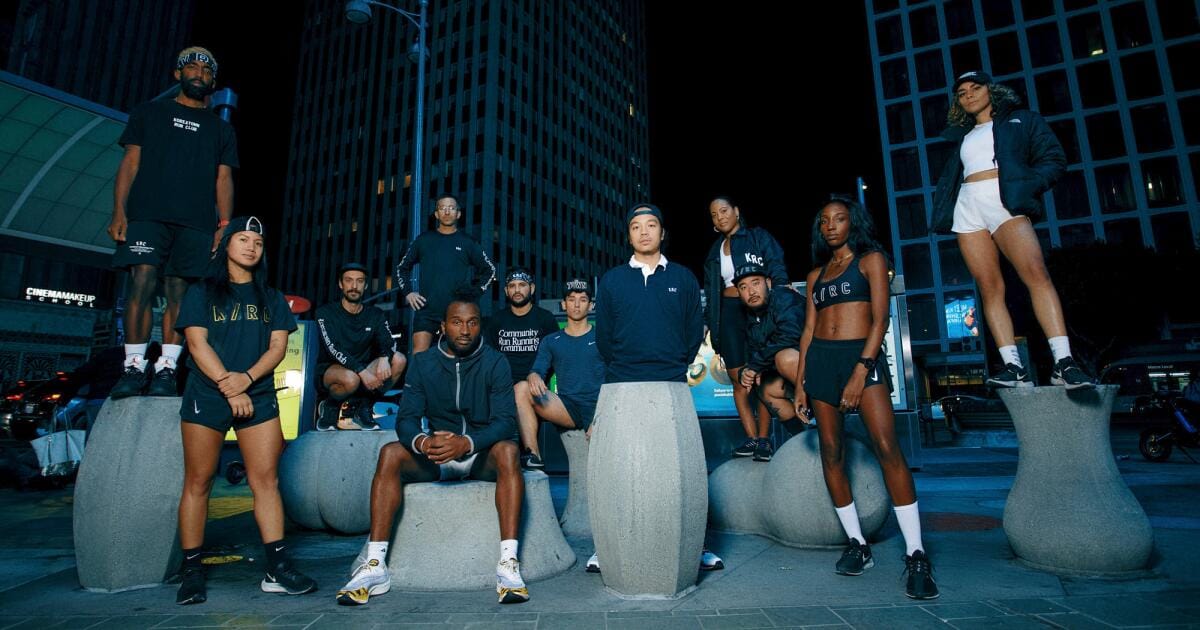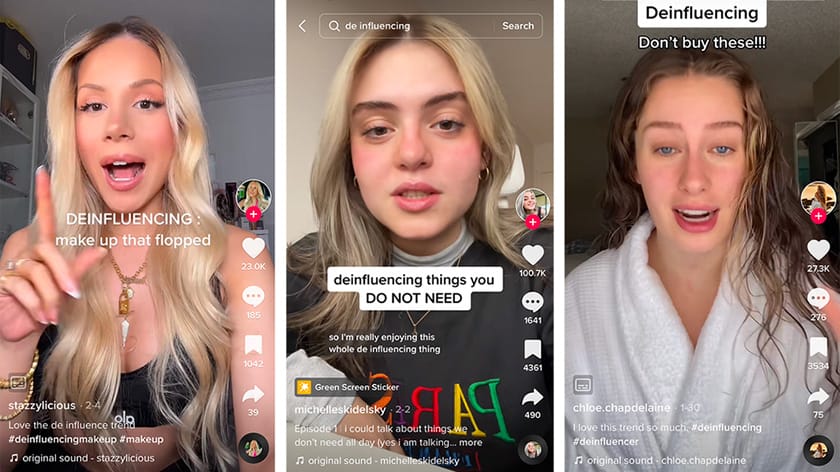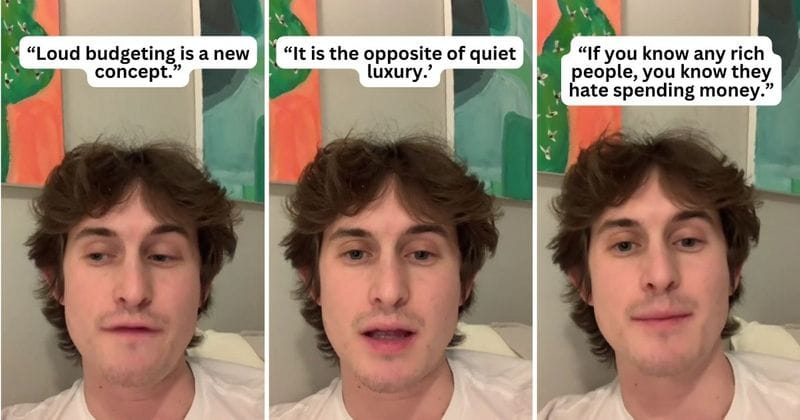- New Wave
- Posts
- The Anti-Growth Economy
The Anti-Growth Economy
Why brands are betting on maintenance, not transformation


𝑰𝒏 𝑻𝒐𝒅𝒂𝒚'𝒔 𝑾𝒂𝒗𝒆:
🛑 When "good enough" became the goal
💰 Why maintaining costs more than optimizing
🏃 Five trends where plateau beats growth
🌊 What this means for how we work, spend, and move
𝑻𝒉𝒆 𝑺𝒉𝒊𝒇𝒕
You hit your fitness goal. Lost the weight, built the habit, found a routine that works. Now what? Every app wants you to set a new PR. Every coach pushes for the next milestone. But you don't want to optimize anymore. You just want to stay here.
There's no app for that.

I'm calling this shift "The Anti-Growth Economy" — when people stop chasing improvement and start paying to sustain what they've built.
For decades, growth was the only acceptable trajectory. But optimization culture burned everyone out. Now there's a counter-movement: people choosing sustainability over striving.
Maintenance isn't failure, it's the business model.
𝑾𝒉𝒚 𝑵𝒐𝒘?
Three forces converged:
Optimization culture created burnout. Every part of life became a metric - sleep scores, step counts, career ladders, side hustles. The pandemic showed that survival is success. Maintaining became the realistic goal.
The economic squeeze made growth unaffordable. Wages stagnate while costs explode. Constant self-improvement is expensive. Maintenance is what the budget allows.
Infrastructure for opting out finally works. TikTok spreads no-buy challenges. Reddit's r/antiwork community hit 1.8 million members. Budgeting apps let you cap goals instead of raising them. The tools that once pushed consumption now enable restraint.
𝑬𝒂𝒓𝒍𝒚 𝑺𝒊𝒈𝒏𝒂𝒍𝒔
Loud Budgeting:
TikTok comedian Lukas Battle posted a video in late 2023: "loud budgeting is in, quiet luxury is out." It got 1.5 million views instantly. The concept flipped frugality from shame to strategy. By early 2024, people were using budget limits as boundaries, not embarrassments. The shift isn't about being broke, it's about refusing to optimize spending just because you can.
Community over Personal Records:
Run club participation has significantly increased over the past year. The difference? Runners started stopping mid-workout for coffee. The point wasn't personal records, it was showing up together. People are "moving in a way that works for them" rather than burning out for metrics. Marathon training plans now include more rest days. Nike recently reinvested in outdoor and trail running over sportswear gear. The industry restructured around wellness maintenance instead of chasing faster times. You don't need to run faster. You just need to keep running.

Deinfluencing:
Influencers started recommending NOT buying products. The trend flipped creator monetization: authority now comes from saying no, not selling. Videos titled "Don't Buy This" or "Overhyped Products I Regret" go viral while traditional hauls get skipped. Gen Z audiences lost trust in endless sponsorships. Curation through restraint — deciding what shouldn't exist — became more valuable than promoting everything.

Sustainability > Fast Fashion:
Vinted, the Europe-based secondhand marketplace, operates with 105 million users and charges sellers nothing — just a 5% buyer fee. The entire business model depends on people NOT buying new. When someone says "I got this on Vinted" instead of naming the brand, loyalty shifts from maker to platform. Some brands launched their own resale programs to fight back, but that just proves the point: the anti-consumption economy is more profitable than traditional retail.

𝑭𝒖𝒕𝒖𝒓𝒆 𝑰𝒎𝒑𝒍𝒊𝒄𝒂𝒕𝒊𝒐𝒏𝒔
Maintenance becomes its own category. Expect products positioned around sustaining, not improving. Fitness apps for "maintain your weight." Relationship apps for "our partnership is good, let's keep it that way." First movers who brand around plateau will capture more market share.
Anti-growth businesses prove more profitable. Vinted is profitable on secondhand only. Gumroad makes $20 million in revenue with $9 million profit and one founder. Companies rejecting growth-at-all-costs are outperforming those chasing scale.
Optimization fatigue goes mainstream. Wearables tracking every metric. Apps gamifying every habit. People are exhausted. 53% of fitness apps get uninstalled within 30 days because transformation goals feel unsustainable. Brands that offer maintenance will win the tired majority.
Over time, the economy will adapt by monetizing services that help you stay where you are instead of pushing you forward.

𝑸𝒖𝒊𝒄𝒌 𝑻𝒊𝒑𝒔
🛑 Audit where you're optimizing unnecessarily: List your subscriptions, habits, and goals. Which exist because you think you should keep improving versus actually wanting to? Cancel the ones that are ‘optimization theater.’ Maintenance is cheaper.
💬 Practice loud budgeting this week: Next time someone invites you to something you can't afford or don't want to prioritize, say it plainly: "I'm focusing on X right now, so I'm skipping Y." Stop optimizing your social calendar.
🏃 Find a maintenance community: Join a run club, hobby group, or any space where showing up matters more than leveling up. Consistency beats transformation. You don't need a new PR, you need people who show up too.
𝑵𝒆𝒙𝒕 𝑾𝒂𝒗𝒆
See you next week, same time, same place.
If this email was forwarded to you, sign up here.
Stay wavey,
Haley
